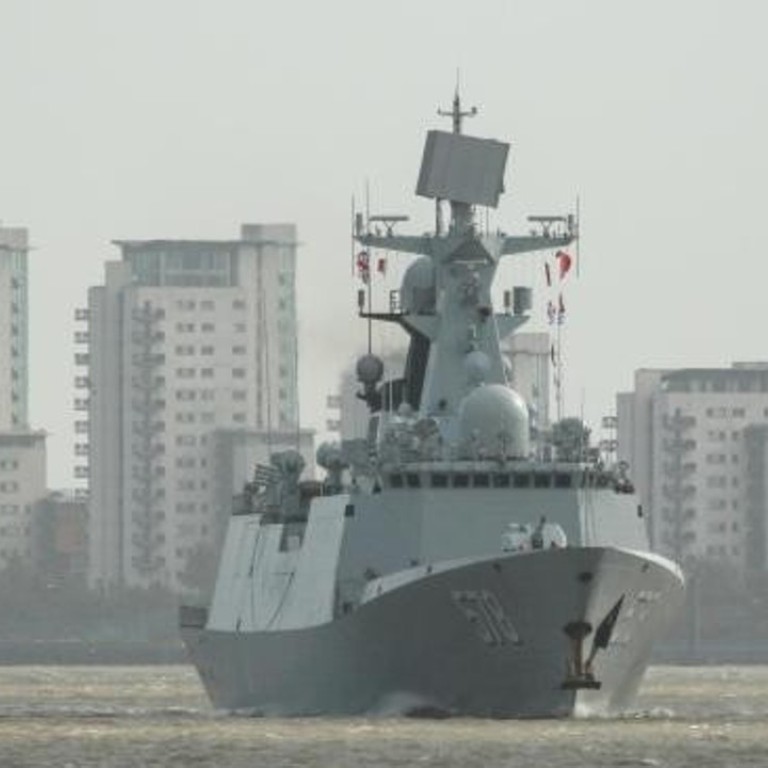
Naval might sign of growing global role
Londoners and others in the world need to understand that visiting warships in their ports are going to become an increasingly familiar sight
China’s growing naval might worries some in Asia and the West. They perceive recent exercises with Russia in the Baltic Sea and manoeuvres in the South China Sea as threats. Chinese warships moored for the first time last week in London were fretted over by a few Britons. But the presence of the vessels so far from home should be welcomed rather than feared.
No nation has before acquired naval power at the rate of China. Warships are being launched at a furious pace, their capabilities arguably as up-to-date as vessels operated by the United States, the world’s military superpower. In just three decades, the People’s Liberation Army Navy has evolved from being limited to operating only close to shore to having a global reach, and some experts believe it will have caught up with the US in a matter of years. The first official visit to the British capital by the Chinese navy, part of a tour of western Europe that also included Belgium, Denmark, France and the Netherlands, ably reflected an ability to project power.
But the flotilla, which included two guided-missile frigates and a supply ship, was also about building trust and cooperation. Before arriving in Europe, they were in the Gulf of Aden and off Somalia on anti-piracy operations, during which information was shared with the British navy and other Nato members. The vessels escorted Chinese and foreign ships and apprehended three suspected pirate boats. While in London, they were open for public inspection and their crews took part in a humanitarian rescue symposium.
There is every need for the Chinese, British and allied navies to interact in such ways; mistrust runs deep, stretching back to the humiliation of China by the European powers during the Qing dynasty. Beijing eyes Nato warily and still believes its warplanes intentionally bombed the Chinese embassy in Belgrade in 1999, killing three staff. Port visits and open days are some of the ways to take the chill out of relations, familiarising ordinary people with the sight of Chinese warships and crew and helping to normalise China’s place in regional humanitarian and security operations. That can be further extended through participation in joint military exercises.
China is fast closing on the US as the world’s biggest economy. With expanding trade and investment comes the need to protect citizens and interests, and the Chinese military has a vital role. The same reason is made by the US so there can be no argument against China doing the same far beyond its waters.
Londoners and others in the world need to understand that Chinese warships in their ports are going to become an increasingly familiar sight.

